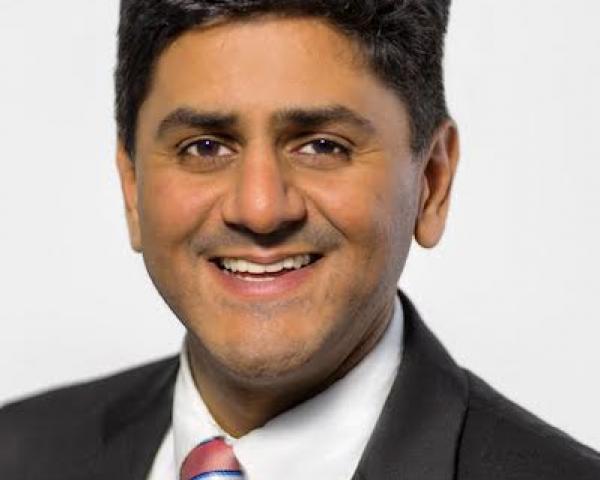New data sources and technologies applied throughout the insurance process are connecting companies in new and unanticipated ways within evolving ecosystems. In underwriting, particularly facultative underwriting, we have seen industry dynamics completely redefined. Insurers are taking a thorough look at how underwriting works within their businesses, determining areas that could benefit from greater support and identifying the best partners to provide it – including reinsurers.
For the insurer-reinsurer relationship, these four guiding principles can help forge a path forward in this new ecosystem environment:
1. Connection matters.
Established insurers, new insurtech entrants, reinsurers and other players are sharing underwriting data, insights and capabilities to fast-track innovation, adapt to change and deliver more personalized customer care. Yet many insurers are held back by issues with capacity, legacy systems and processing speed. Reinsurers have an opportunity to go beyond perceived roles as underwriting “experts” or “consultants” and to become even more engaged as doers, active participants with a stake in shaping the forces remaking the industry. This will require providing more comprehensive underwriting services, including new and reinvented technologies as well as supplementary support programs, that respond to these insurer pain points.
2. Expertise matters.
Underwriting’s continuing transformation has not lessened the importance of the expert facultative review. Though resource-intensive to maintain, the facultative yield extends well beyond “just” the individual case. Ill-considered underwriting process changes and poorly developed or neglected guidelines can lead to noticeably lower placement rates and margins, which can inflict real damage on the bottom line. For this reason, insurers are understandably reluctant to relax the rigor of facultative review or otherwise constrict the facultative market. Yet the pressure to produce the most time- and cost-efficient outcomes is mounting. For some carriers, turning to ecosystem support from reinsurers may provide solutions.
See also: Industry Demands an Open Ecosystem
3. Innovation is more than either/or.
When it comes to the question of innovation, the answer is not either/or; it is both. Facultative underwriters must be capable of both technical excellence and experimentation, of both providing rigorous case review and challenging the status quo. It is time to break away from labels that can constrict the industry artificially and to redefine what “facultative” means. Traditionally, after insurer review, reinsurers provide a competitive second opinion. Why not provide that same level of consultation, not solely at the end of the process when all other reviews have been exhausted, but anywhere across the value chain when underwriting expertise is needed? Applying facultative insights throughout the entire insurance process can create products and services that deliver greater value to consumers.
4. Partnership cannot become a platitude.
When partners look out for each other’s best interests, everybody wins. That is why it is important to embrace a vendor-agnostic approach, allowing partners to find the right tool within the broader ecosystem to meet their specific needs. It is vitally important to establish clear guardrails within each partnership that keep consumer-centricity paramount. This necessitates a deep understanding of the data tools landscape and best-in-class capabilities and a willingness to make shared success the primary goal.
In the years ahead, insurance industry winners will be those willing to reimagine the familiar, rethink data collection methods and refine risk assessment practices – all in the interests of bringing affordable financial protection to more people. The old model demands re-invention. Future success demands a meaningful, scalable and material system of supports – an underwriting ecosystem for the future.






